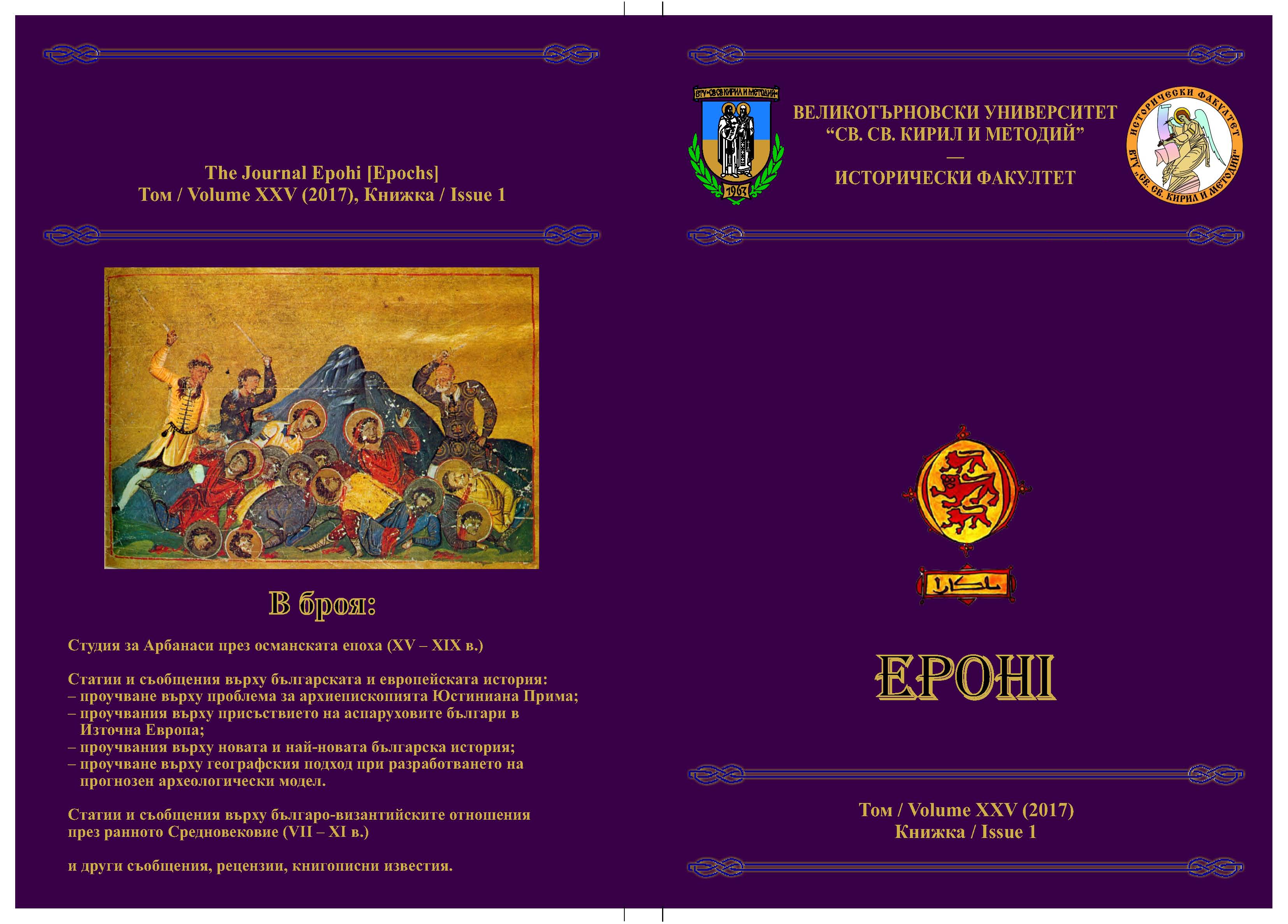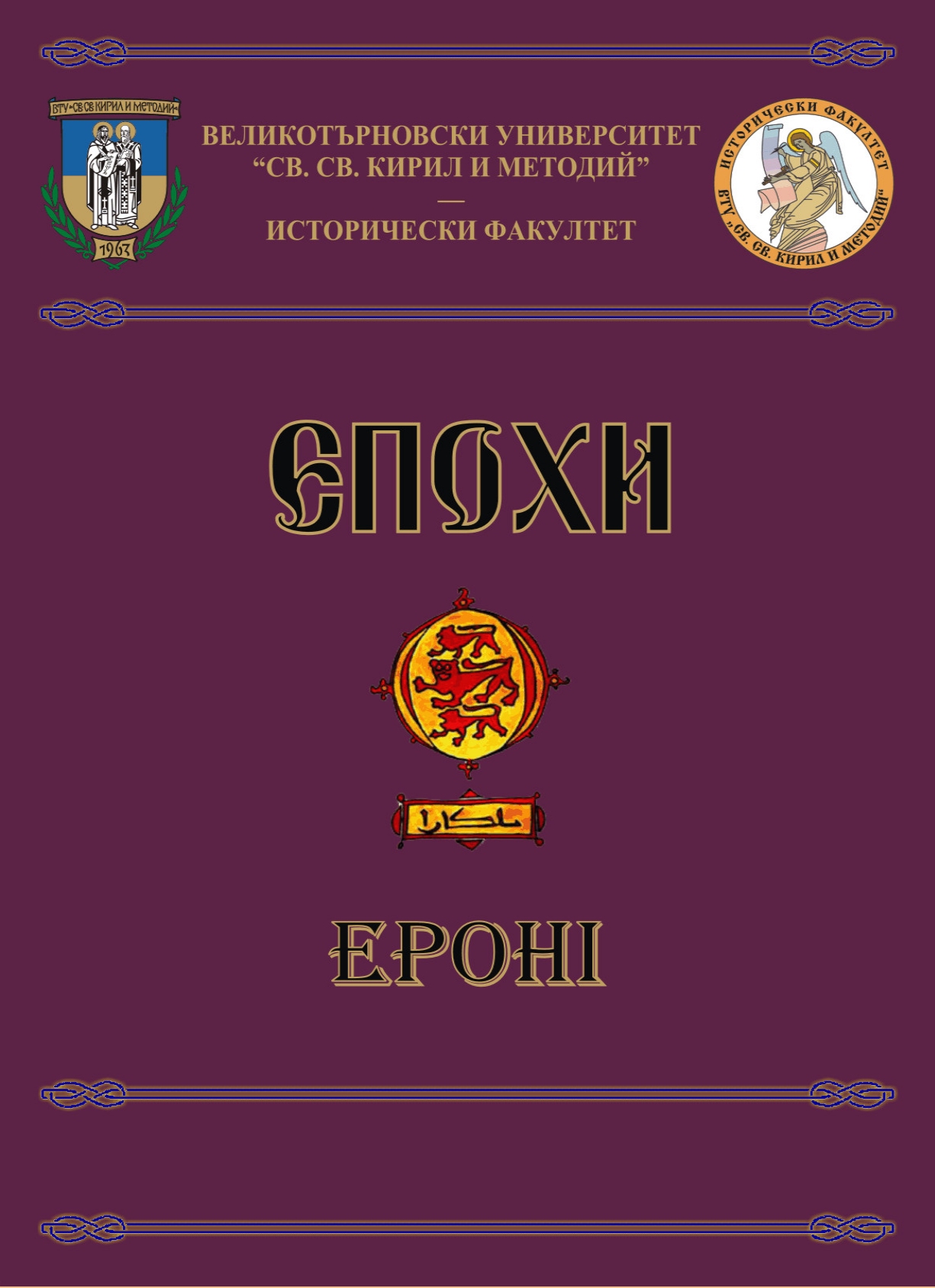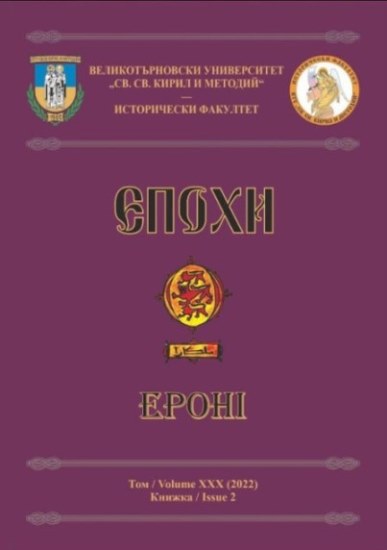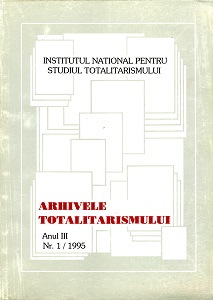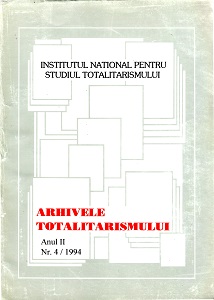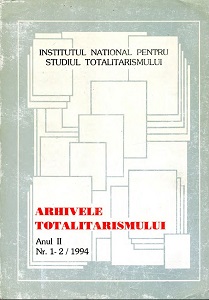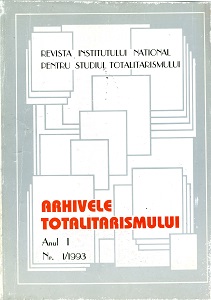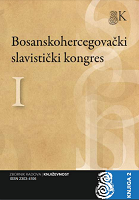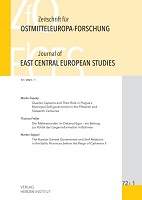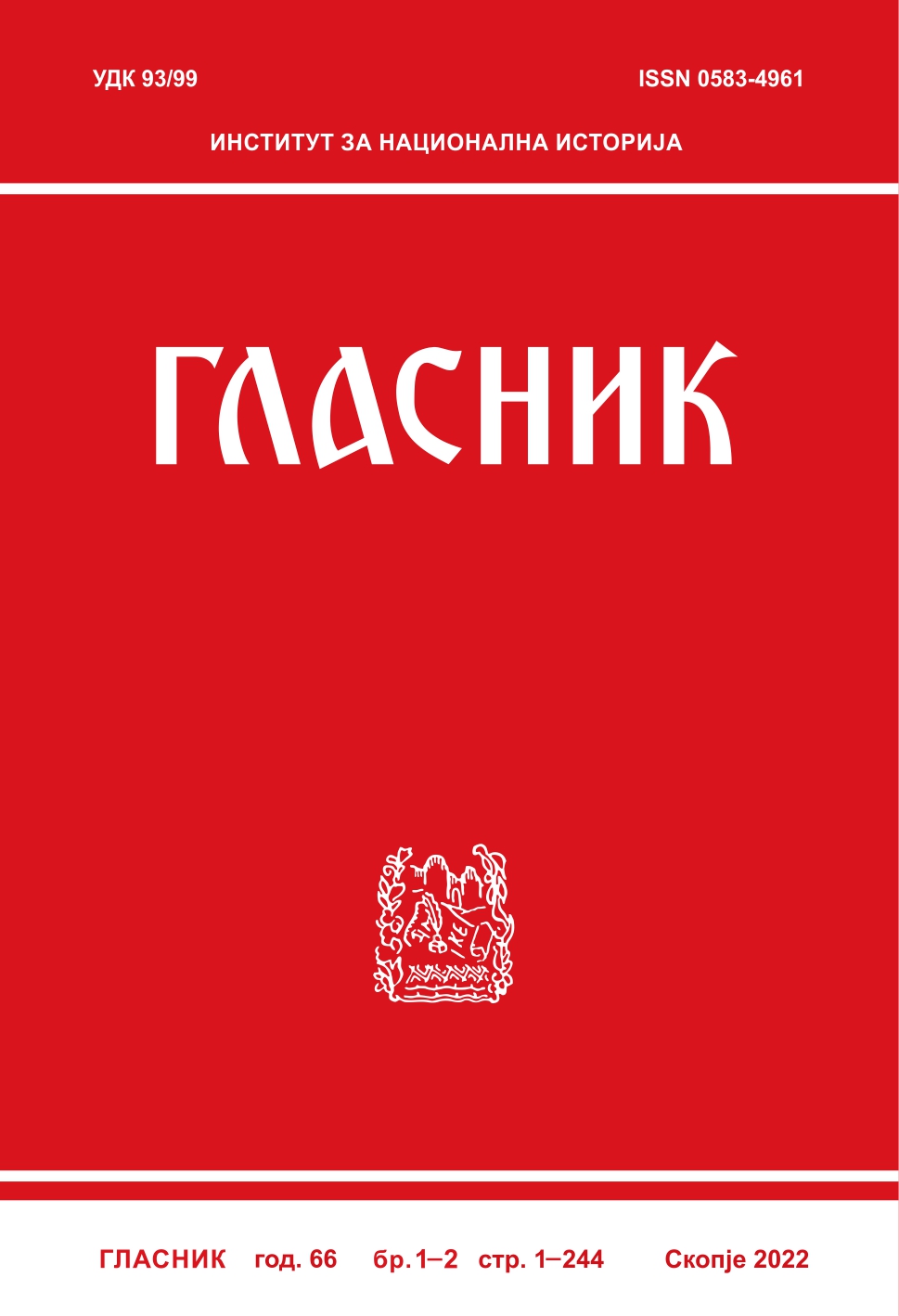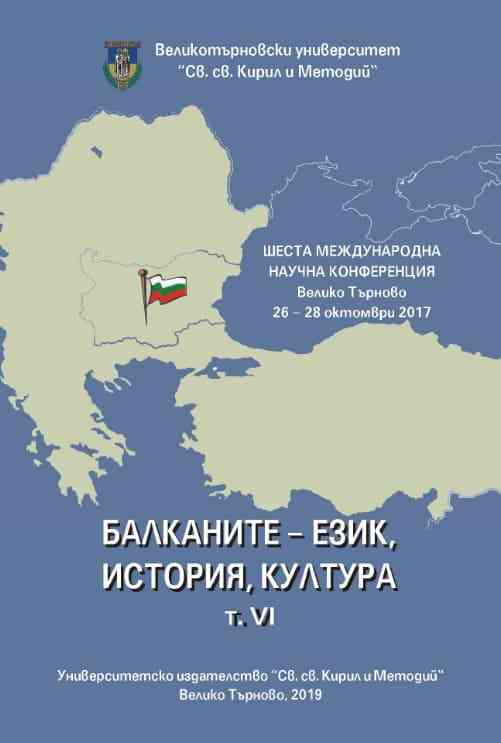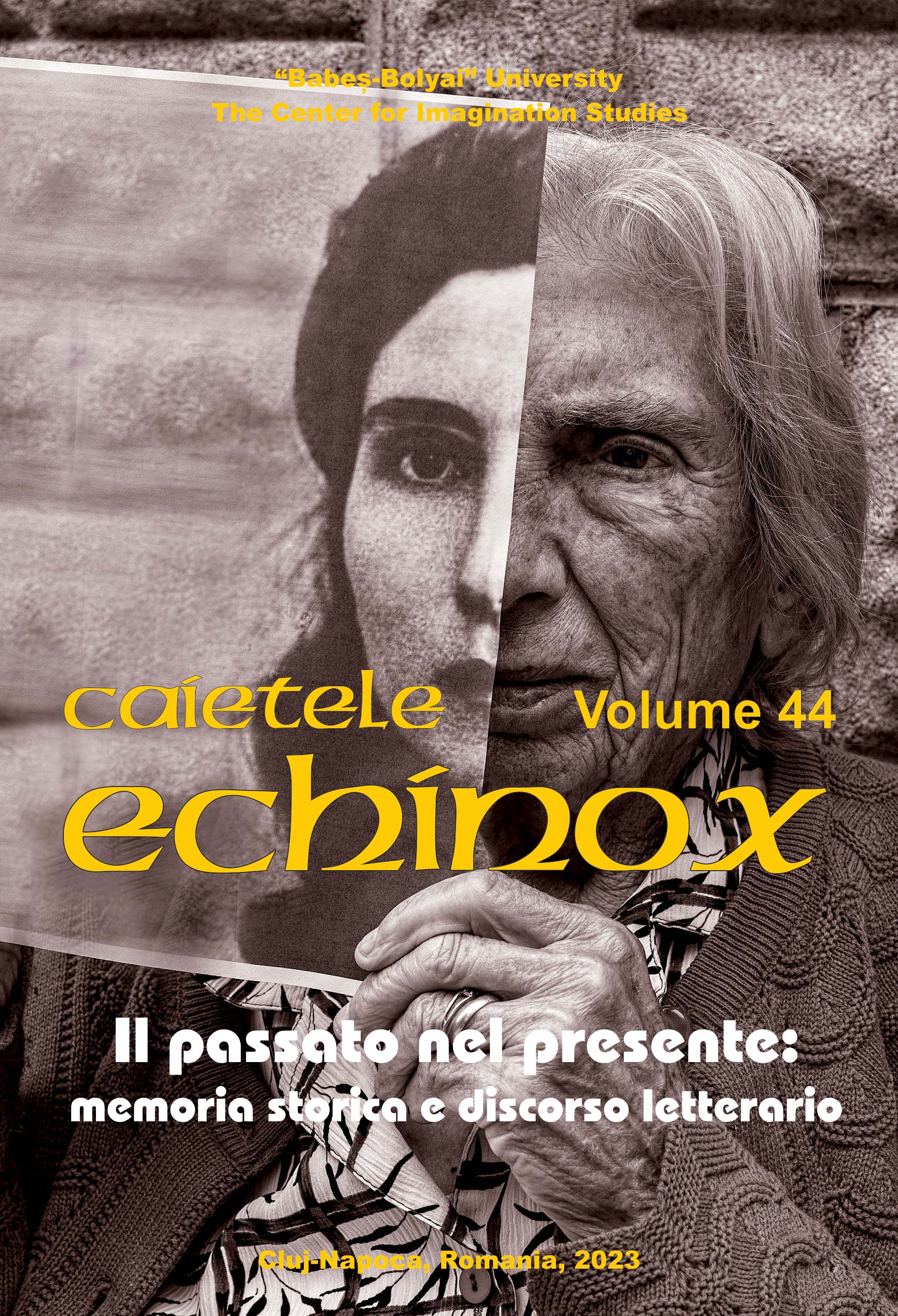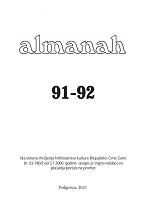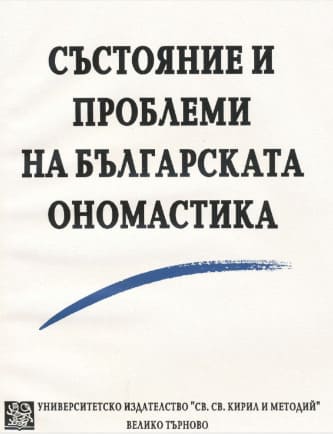Author(s): Claudiu Degeratu,Gheorghe Onișoru,Florin Constantiniu,Lucian Năstasă,Flori Stănescu / Language(s): Romanian
Issue: 1/1995
Reviews of:
1. Gale Stokes, From Stalinism to Pluralism - A Documentary History of Eastern Europe since 1945, New York, Oxford, Oxford University Press, 1991.
2. Aleksa Djilas, The Contested Country. Yugoslav Unity and Communist Revolution, 1919-1953, Harvard University Press, 1991.
3. The Cominform, Minutes of the Three Conferences, 1947/1948/ 1949. Edited by Giuliano Procacci, Co-editors Grant Adibekov, Anna di Biaggio, Leonid Gibianskii, Francesca Gori, Silvio Pons, Milano, Feltrinelli, 1994. G.M. Adibekov, Kominformi poslevoennaia Evropa, Moscova, Rossiia Molodaia, 1994.
4. Gazdag Gyula, Képes könyv 1968-1979 (Carte ilustrată), Pécs, Jelenkor Kiadö (Ars Longa), 1994.
5. Adriana Georgescu, La început a fost sfârșitul. Dictatura roșie la București, Prefață de M. Lovinescu, Editura Humanitas, București, 1992.
6. Ion loanid, închisoarea noastră cea de toate zilele, I voi. 3(1956-1959), • Editura Albatros, București, 1992.
7. Ion Pantazi, Am trecut prin iad, Ediția a ll-a, Cuvânt înainte de I. Pantazi, Editura Constant, Sibiu, 1992.
8. Mihai Rădulescu, Sânge pe' Râul Doamnei. Până când atâta suferință?, Editura Ramida, București, 1992.
9. Dina Balș, Drumuri pustiite, Memorii, Editura Cartea Românească, București, 1993.
10. Gheorghe Bâgu. Mărturisiri din întuneric, Cuvânt’ înainte de Gh. Bâgu, Editura Tehnică, București, 1993.
11. Ion Cârja, Canalul morții,Cuvânt despre autor de Victor Grigorescu, Cuvânt înainte de I. Cârja, Editura I Cartea Românească, București, 1993.
12. Lena Constante, EvadareaK imposibilă. Penitenciarul i politic de femei Miercurea Ciuc 1957-1961, Prefață de L. Constante, Editura Fundației Culturale Române, București, 1993.
13. Nicholas Dima, Călătorie spre libertate. întâlnire cu destinul, Traducere de Constantin Sfeatcu, Cuvânt i înainte de David B. Funderburk, Selous Foundation Press, Washington D.C., 1987, Editura Fundației Culturale Române, București, 1993.
14. Emil Manu, Infernurile noastre. Jurnal de detenție, Editura Crater, București, 1993.
More...
